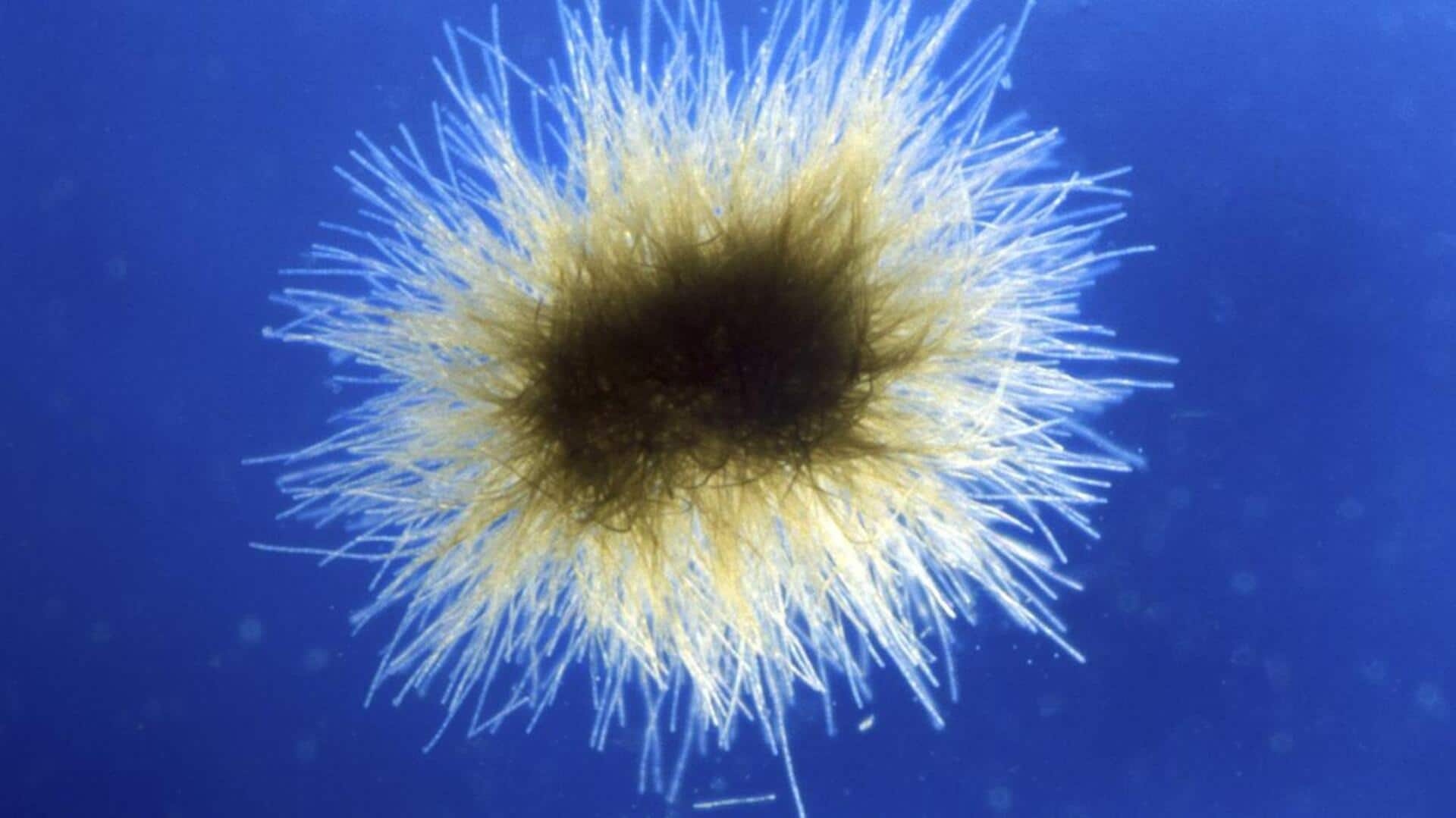
Surprising benefits of marine phytoplankton
What's the story
Marine phytoplankton, the microscopic creatures that live in oceans, are slowly gaining some popularity for their health benefits. These tiny plants are said to be loaded with the nutrients that could help promote a healthy lifestyle and even longevity. Considered a superfood, marine phytoplankton is rich in essential fatty acids, vitamins, and minerals. Here's how it can help you live longer.
Drive 1
Nutrient-rich composition
Marine phytoplankton is famous for its dense nutrient profile. It has omega-3 fatty acids, which are essential for heart health and brain function. It also offers a range of vitamins such as A, B1, B2, B6, C, and E. The presence of essential minerals like magnesium and potassium make it even more nutritious. These nutrients can help enhance bodily functions and overall health.
Drive 2
Antioxidant properties
The antioxidant properties of marine phytoplankton are crucial in protecting the cells from oxidative stress. Oxidative stress can cause cellular damage over time and is associated with aging-related diseases. By neutralizing the free radicals in the body, antioxidants help in maintaining the integrity of the cells. Regular consumption of antioxidant-rich foods may lead to better health outcomes.
Drive 3
Supports immune function
Marine phytoplankton might also strengthen the immune system because of its wealth of nutrients. Vitamins like C and E are known for their immune-boosting properties. Plus, the presence of amino acids aids in the protein synthesis required for the production of immune cells. A strong immune system is important to fight off infections and for long-term health.
Drive 4
Enhances energy levels
Consuming marine phytoplankton might improve your energy levels. This is because it has a comprehensive nutrient profile, including B vitamins that are known to support energy metabolism. These vitamins assist in efficiently converting food into energy in the body's cells, while also reducing fatigue symptoms caused by low vitamin intake or poor diet choices over time.